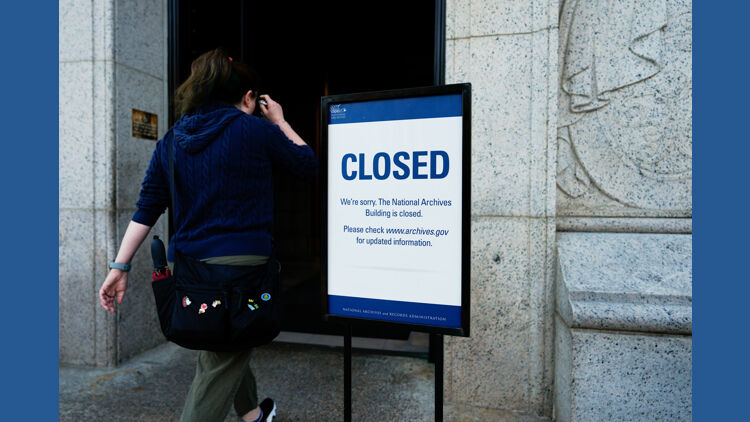Colorado lawmakers unanimously vote to ban intimate exams on unconscious, non-consenting patients

In Colorado, when a patient is sedated for surgery, it is legal for medical providers to perform unrelated intimate exams on the unconscious patient’s genitals without their consent.
State lawmakers unanimously voted to change that with House Bill 1077.
If signed into law, the bill would prohibit medical providers from performing intimate exams on unconscious patients – including pelvic, prostate, breast and rectal exams – without the patient’s written consent ahead of time, unless in emergency situations.
“This is common sense,” said bill sponsor Sen. Faith Winter, D-Westminster. “Patients deserve dignity. Right now, health care professionals jeopardize that by performing unauthorized intimate exams on patients.”
During committee hearings on the bill, witnesses shared stories of unknowing patients receiving intimate exams they said would be classified as sexual assault in any other situation. Bill sponsor Rep. Jenny Willford, D-Northglenn, spoke of a woman who was sedated for a knee surgery, then learned she received a pelvic exam while she was unconscious after her doctor said she had started her period. In a pelvic exam, a doctor inserts their fingers into a patient’s vagina.
Research shows intimate exams often occur on sedated patients as a way for medical students to practice. A 2019 survey of students from seven American medical schools found that 92% of medical students had performed a pelvic exam on an unconscious female patient, of which 61% said they did not have explicit consent from the patient.
Regional surveys from the early 2000s reached similar conclusions. At the University of Oklahoma, a majority of medical students had performed pelvic exams on unconscious women and nearly 75% of the patients did not consent to the exam. Among medical students in Philadelphia, 90% said they’d performed pelvic exams on unconscious women and they weren’t sure if the women consented.
Twenty-one states have already outlawed performing pelvic exams on unconscious patients without consent, including California, New York and Texas, according to the Epstein Health Law and Policy Program. The American Medical Association has also explicitly disavowed the practice.
“Anyone living in a state without a law banning this is vulnerable,” said bill sponsor Sen. Sonya Jaquez Lewis, D-Longmont. “Let’s be very clear about this: Consent matters. For all parties, all genders, every context, every situation.”
The Senate unanimously approved HB 1077 in a vote on Thursday, following the House’s unanimous passage in March.
Democrats and Republicans alike stood behind the bill, in addition to the Denver Health and Hospital Authority, Colorado Trial Lawyers Association, Coloradans for Legal Freedom, Colorado Coalition Against Sexual Assault, Colorado Psychiatric Society and Violence Free Colorado.
“This is just horrific to even think we have to have a bill to rectify this,” said Sen. Rod Pelton, R-Cheyenne Wells, while voting in support of the bill.
HB 1077 will next be sent back to the House to approve changes made by the Senate. Then, it will go to Gov. Jared Polis for final consideration. If signed by the governor, the bill would take effect on Jan. 1, 2024.














